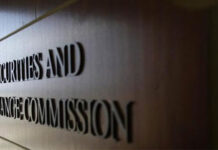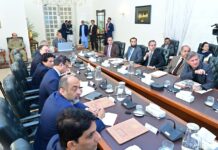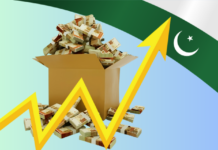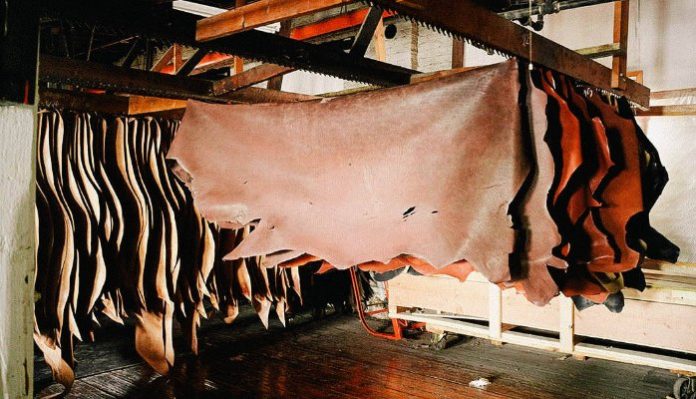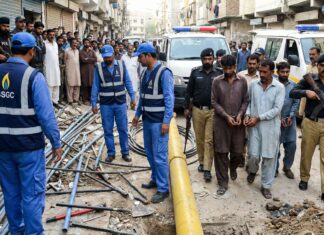KARACHI: United Nations Industrial Development Organization (UNIDO) has chalked out a comprehensive programme to improve the environmental situation and address various issues like solid waste management, and cleaner production techniques in tanneries specifically in the reduction of CO2 emissions for resilient development in Korangi, Karachi.
The project is being funded by Global Environment Facility (GEF). UNIDO conducted a consultative workshop to deliberate upon the project and its various outputs in collaboration with PTA (SZ) Environmental Society Korangi Industrial Area with an active participation of Ministry of Industries & Commerce, Government of Sindh.
Industries & Commerce govt. Sindh minister Manzoor Hussain Wasson, while praising the role of UNIDO & PTA in order to mitigate the solid waste management issues & regarding the combined effluent treatment plan at Kornagi industrial area, said: there can be no two opinions than that climate change is now a reality. There is a consensus among the government of Sindh & industrialists of Sindh province to bring best international practices for effective mitigation efforts for the improvement of the environmental footprint of Korangi industrial area, contributing ultimately to enhance the export of leather/leather products from Karachi.
UNIDO Country Representative Nadia Aftab welcomed all participants and thanked the government of Sindh support & appreciated the efforts of Pakistan Tannery Association Environment society to overcome the industrial waste problems & revamping treatment plant with the technical assistance of UNIDO.
UNIDO Industrial Development Officer / Project Manager Ivan Kral presented the project and its various proposed outputs. The UNIDO project is in line with inclusive and Sustainable Industrial Development. It is expected to enhance the leather export contributing towards the increase in job opportunities and for the socio-economic uplift in the target areas. Furthermore, the project would strengthen, enable sustainability, and enhance the viability of leather sector level initiatives undertaken previously.


